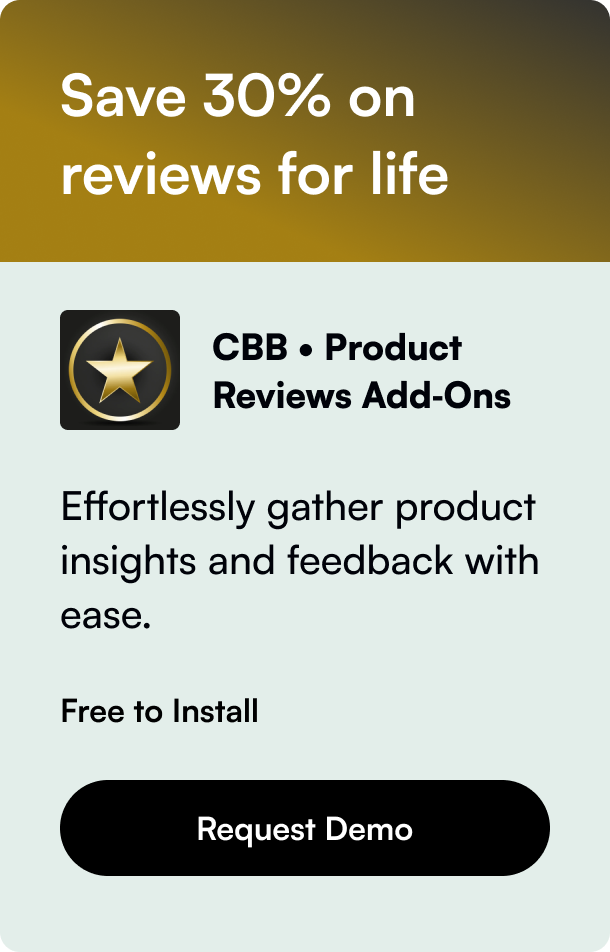Table of Contents
- Introduction
- Sourcing Products: The Foundation of Your Shopify Store
- How to Choose the Right Products
- Conclusion
- FAQs
Introduction
Have you ever wondered whether Shopify has products for you to sell? Or perhaps you're curious about how to source products for your Shopify store. If these questions have crossed your mind, you're in the right place. This post is designed to illuminate the world of selling on Shopify, reveal the possibilities it holds, and guide you on how to find or create products to sell. Let’s dive in.
Shopify, at its core, is a powerful ecommerce platform designed to help entrepreneurs and businesses build and manage their online stores. While Shopify itself doesn't manufacture or own products to sell, it does provide the tools and connections necessary for store owners to source or create products. Whether you're an artist selling your creations, a retailer focusing on dropshipping, or an inventor bringing a new product to market, Shopify has something for everyone.
Sourcing Products: The Foundation of Your Shopify Store
The success of your Shopify store hinges on the products you choose to sell. Here, we explore various avenues to source or create your product offerings.
Crafting Your Own Products
For artisans, crafters, and makers, Shopify is an ideal platform to sell handmade goods, artwork, digital products, or any creations you’ve poured your heart into. By offering products you create, you're not only providing something unique but also sharing your passion with the world. This route adds a personal touch to your store and sets you apart from competitors.
Dropshipping: An Inventory-Free Approach
Dropshipping has gained popularity as a low-risk way to start an online business. Shopify integrates with apps like Oberlo and Spocket, which allow you to add products from suppliers directly to your store without handling the inventory. When a customer makes a purchase, the order is fulfilled by the supplier directly. This model is perfect for entrepreneurs who wish to focus on marketing and customer service without the hassle of inventory management.
Wholesale Purchasing and Private Labeling
Another method is purchasing products wholesale and selling them at a retail price. This requires upfront investment and storage space but offers higher profit margins. Alternatively, consider private labeling—where you source a generic product and brand it as your own. This method combines the benefits of brand uniqueness with the simplicity of wholesale.
Print-On-Demand: Customized Products on Demand
For those interested in selling custom-designed merchandise like t-shirts, mugs, or books, print-on-demand services integrate seamlessly with Shopify. These services only print and ship products once a sale is made, eliminating the need for inventory. Plus, they allow for great creativity and product differentiation.
How to Choose the Right Products
Choosing the right products requires research and understanding of your target market. Look for items that solve a problem, fulfill a need, or cater to a specific hobby or interest group. Utilize tools like Google Trends and social media to gauge interest and spot trends.
Testing and Iteration
Don't be afraid to test different products and learn from customer feedback. The flexibility of Shopify and integration with numerous apps make it easy to pivot and refine your product offerings based on performance and customer preferences.
Conclusion
While Shopify doesn’t directly provide products to sell, it offers the tools and flexibility to source, create, or customize products for your online store. Whether through handcrafting, dropshipping, wholesaling, or print-on-demand, the possibilities are endless. By understanding your target market and leveraging Shopify’s robust platform and integrations, you can find the perfect products to sell and grow your business.
FAQs
-
Does Shopify offer any products directly to sellers? No, Shopify does not offer products directly. Instead, it gives sellers the platform, tools, and connections to source or create their products.
-
How can I find suppliers for my Shopify store? Utilize Shopify’s integrated apps like Oberlo and Spocket for dropshipping, explore wholesale distributors, or connect with manufacturers for private labeling.
-
Is dropshipping profitable on Shopify? Dropshipping can be profitable if executed well. It requires effective marketing, a reliable supplier, and customer-focused service.
-
Can I sell handmade items on Shopify? Absolutely. Shopify is ideal for selling unique, handmade items directly to consumers around the world.
-
How can I decide what products to sell? Conduct market research, consider your passions or expertise, and identify products that solve a problem or cater to a niche hobby or interest. Test different products and adapt based on performance and customer feedback.








